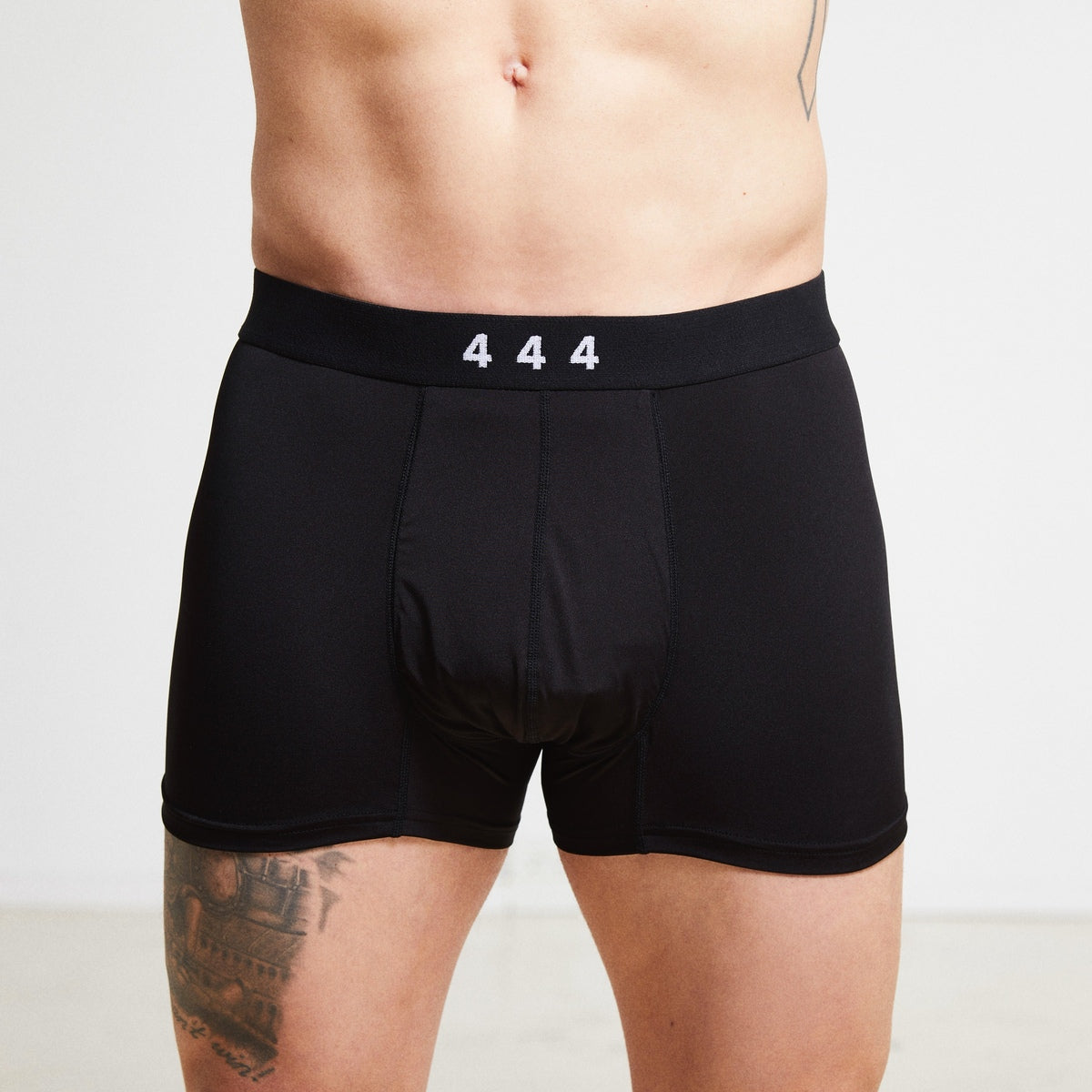Urinary incontinence in men – what you should know
Urinary incontinence in men is more common than many think. Many associate it with old age, but it can affect men of all ages. Urine leakage can affect confidence, social activities, and quality of life, and it is completely natural to have questions about what is happening in the body.
Types of urinary incontinence in men
Urinary incontinence can occur in several different forms, and it is important to understand the differences, as treatment depends on the type. Here is a more detailed overview:
Stress incontinence
Stress incontinence means that urine leaks when there is sudden pressure on the bladder. This can happen when laughing, coughing, sneezing, or when lifting heavy objects. This type is often related to weak pelvic floor muscles or surgeries in the prostate area.
Urge incontinence (urge incontinence)
Urge incontinence appears as a sudden and strong urge to urinate, which can be difficult or impossible to hold back. Causes can be an overactive bladder, enlarged prostate, or nerve damage affecting bladder control.
Mixed incontinence
Mixed incontinence is a combination of stress incontinence and urge incontinence. Many men experience symptoms from both types, which can make the situation more complex.
Overflow incontinence
Overflow incontinence occurs when the bladder does not empty completely. This leads to constant overfilling, where small amounts of urine leak out without prior urge.
Reflex incontinence
Reflex incontinence means that the bladder empties automatically as a reflex, often without feeling the urge or having control. This is typically seen with neurological injuries or diseases.
Post-void dribbling
Post-void dribbling is not an independent type of incontinence but a common problem for many men. It means that urine drips after urination because the urethra does not empty completely.
Causes
- Prostate and surgeries: Enlarged prostate or surgery can affect bladder control.
- Aging: Muscles and nerves weaken naturally.
- Neurological diseases: Parkinson's, multiple sclerosis, and stroke can affect bladder control.
- Lifestyle: Overweight, smoking, alcohol, and caffeine can worsen symptoms.
- Medication: Certain drugs can increase the risk of urine leakage.
Support options
- Pelvic floor training and physiotherapy: Strengthens muscles and provides better control.
- Bladder training: Teaches the bladder to hold more urine.
- Medical assessment: Doctors can recommend treatment depending on cause and type.
- Support and aids: Discreet pads or special underwear can provide security.
Many men experience that urinary incontinence can affect everyday life in ways one does not always expect. It is quite common to feel uncertainty or wonder about what is happening in the body. When you read about types, causes, and options, it may give you a better understanding of your own experiences, which many other men also know.
Read more about related topics in our other articles: Taboo and masculinity, Physical causes and Exercises and self-effort.




